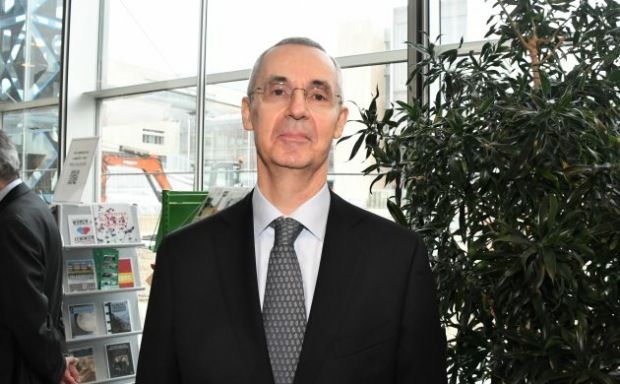News
Ambassador: Russia could seize Danish firms
This article is more than 3 years old.
Russian ambassador to Denmark Vladimir Barbin said confiscating Danish assets would be a response to western sanctions

Danish companies risk being strangers in Moscow (photo: Pixabay)
A number of Danish companies have temporarily pulled out of the Russian market in wake of the war waged in Ukraine by the Kremlin.
But if the firms were hoping to return to the country once the conflict subsides, they may have another thing coming, according to the Russian ambassador to Denmark, Vladimir Barbin.
In a column written for Politiken newspaper, Barbin stated that the Russian state might seize control of Danish factories and offices that have been put on hold due to the conflict.
Barbin wrote that Russia could be forced to do so in reaction to western sanctions aimed at weakening Russia’s economy.
READ ALSO: Over 100 Danes have travelled to Ukraine to fight, claims ambassador
A real threat
Confiscating Danish assets was one possibility mentioned by the ambassador, as was continuing running the companies under Russian leadership.
The national confederation of industry, Dansk Industri (DI), described the potential nationalisation of Danish companies as being a serious threat.
“We risk that Putin’s oligarch pals, who have had their assets frozen, will be given the keys to these companies so they can skim the profits,” Peter Thagesen, the deputy head of DI, told Politiken.
“And some of that will no doubt go to Putin and the war in Ukraine.”
Russia announced last week that it was looking into the possibility of assuming control of foreign companies that have temporarily left the country.











































